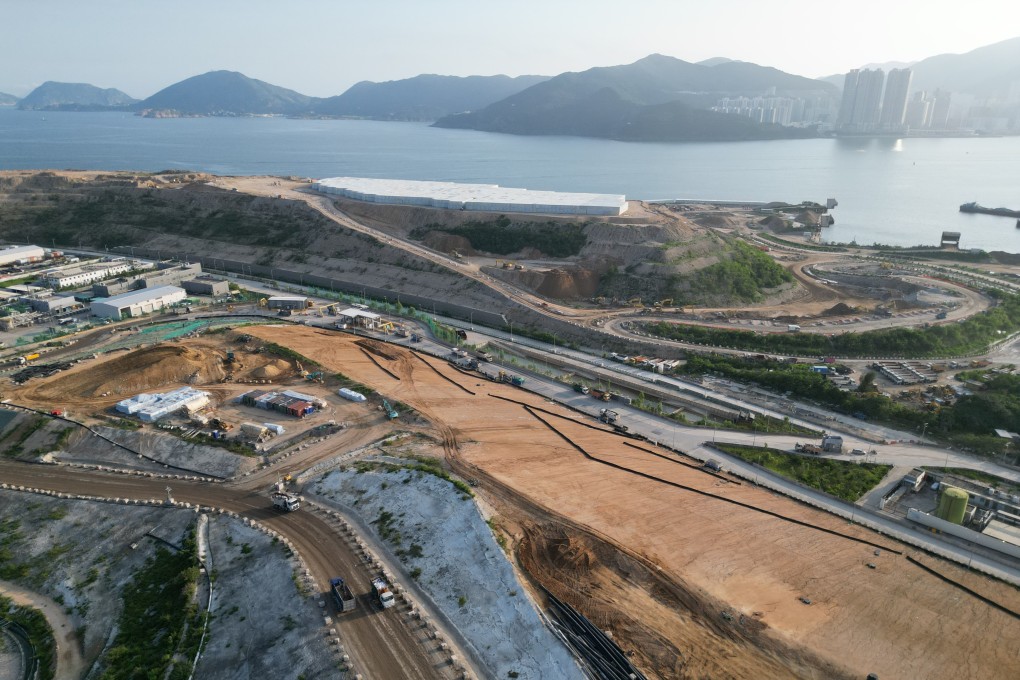Editorial | Urban renewal must be able to function in good times and bad
Statutory body tasked with redeveloping Hong Kong’s dilapidated districts and buildings needs a financing model that can withstand economic headwinds

Giving old districts and buildings a new lease of life is never easy in a city like Hong Kong, where conservation and development are not always compatible. The job has become even more difficult as the Urban Renewal Authority struggles to finance its projects amid a sluggish property market.
Thankfully, the statutory body has been handed a lifeline by the government, with the grant of two land parcels to help consolidate its finances. But an overhaul of its operation and financing is still needed to ensure redevelopment projects will be sustainable regardless of market conditions in future.
The two sites in Hung Hom and Tseung Kwan O had an estimated value of HK$4.2 billion as of February this year and HK$9 billion as of December last year, respectively, according to the Development Bureau. The authority has been asked to make good use of the land to enhance financing and borrowing capacity, and to reprioritise its yet-to-commence projects.
To what extent the land can restore the authority’s fiscal health remains to be seen. Evidently, the money from the land sales will not last forever. With the local property market and business environment still facing pressure because of high interest rates and uncertainties over US-China trade negotiations, the authority’s financing problems are likely to prevail for some time.
The government is therefore right in initiating a review of the authority’s operating and financing model to ensure it can undertake urban redevelopment irrespective of market ups and downs. This is also a good opportunity to explore ways to enhance building rehabilitation so as to extend the service life of aged blocks and reduce the immediate need for redevelopment.
The authority suffered a deficit of HK$3.5 billion in 2022-23, the first in almost a decade. The shortfall crept up further to HK$3.9 billion the following year, including an operational deficit of HK$830 million and a HK$3.1 billion provision for projects already started that may be devalued. It has risen to the challenge by tapping overseas funding and issuing bonds for the first time in many years, securing a HK$13 billion bank loan in January and issuing bonds, including HK$12 billion in senior bonds.
